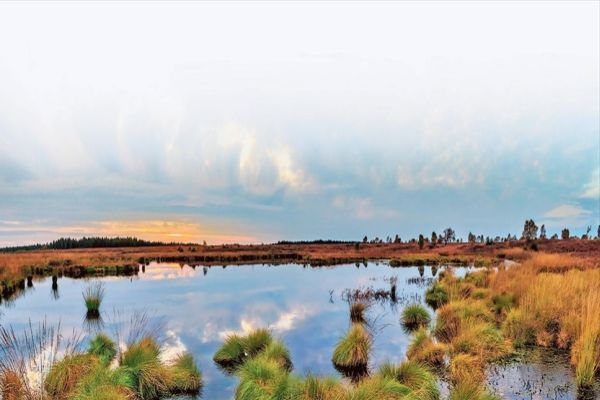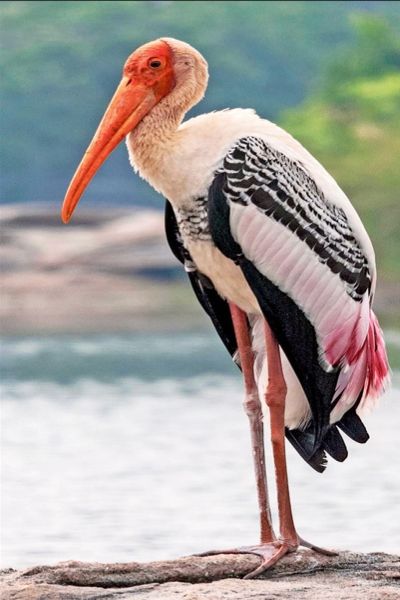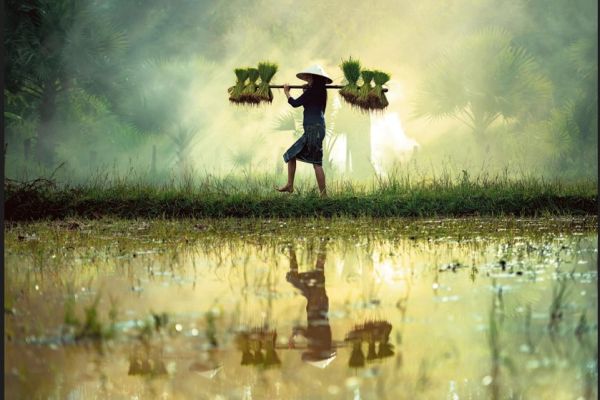When water meets land
- POSTED ON: 2 Feb, 2019
- TOTAL VIEWS: 864 Views
- POSTED BY: Archana Subramanian
- ARTICLE POINTS: 150 Points

A wetland is a place where the land is covered by water, either fresh or salt. Low-lying areas like marshes and ponds, edges around the lakes or oceans, and the delta at the mouth of a river are wetlands.They are known to support fauna— including mammals, birds and fish. They also support the cultivation of rice, a staple in the diet of half the world’s population. Wetlands serve as an ecosystem that help us in many ways — water filtration, storm protection, flood control and recreation. Without them, cities would have to spend more money to treat water for their citizens, floods would be recurrent and thereby more devastating, animals would be displaced.

Power play
Earth’s climate is changing, and temperatures are rising, resulting in the warming of oceans. Snow and ice are melting and sea levels are rising faster than recorded during any previous century. Increased amounts of carbon dioxide (CO2), methane, and other greenhouse gases (GHG) in the atmosphere due to human activity are cited as a reason for this change. Increase in carbon dioxide traps heat in the atmosphere causing a rise in air, water and soil temperatures. This affects wetlands, lakes, streams, rivers, estuaries, oceans and ground waters. Wetlands play an important role in reducing the impact of extreme weather events such as floods, droughts and cyclones. They act as a natural sponge, absorbing and storing excess rainfall and reducing flooding. During the dry season, they release the water stored, delaying the onset of droughts and reducing water shortages. The frequency of natural hazards has more than doubled; the majority is climate and weather related.

International Wetlands Day
World Wetlands Day is celebrated on February 2. This day marks the date of the adoption of the Convention on Wetlands on February 2, 1971, in the Iranian city of Ramsar on the shores of the Caspian Sea. It commemorates the need to maintain wetlands and to plan for their sustainable use. This year’s theme is “Wetlands and Climate Change”. It has been chosen to initiate action against the drainage of wetlands.
Here are some things you can do, to protect your ecosystem.
Have you read the story?